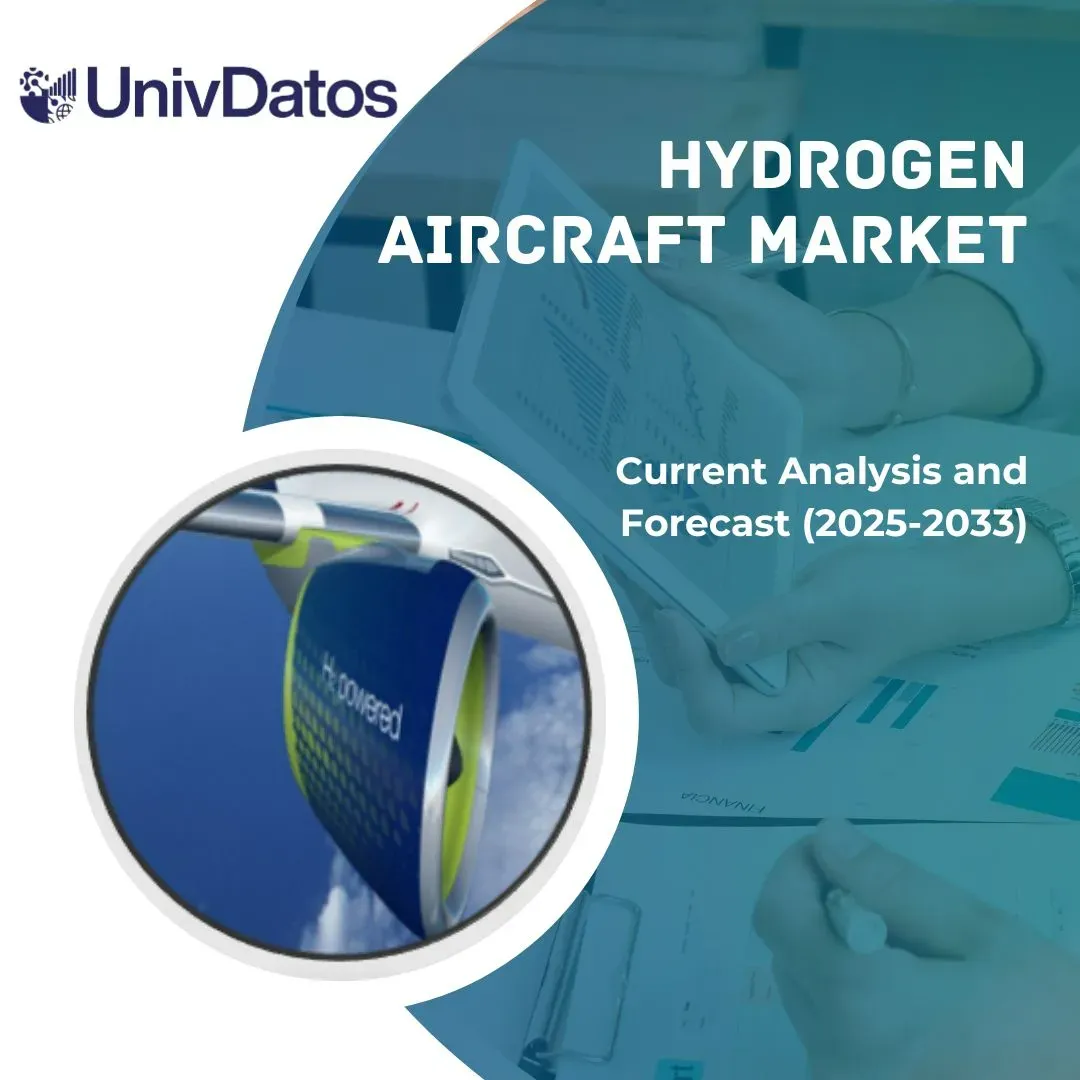Revolutionizing Aviation: The Rise of Hydrogen-Powered Aircraft
Key Ideas
- The Global Hydrogen Aircraft Market is projected to grow at a robust CAGR of around 30.03% from 2025-2033, driven by regulatory pressure for decarbonization and advancements in hydrogen fuel cell technology.
- Partnerships and collaborations between aerospace manufacturers, fuel cell technology companies, and government agencies are key to driving innovations in hydrogen aircraft development.
- The dominance of the hydrogen fuel cell market and the rise of fully hydrogen-powered aircraft indicate a strong trend towards sustainable aviation solutions and decarbonization efforts in the industry.
- Companies like Airbus and ZeroAvia are investing heavily in the development of hydrogen-powered aircraft, with advancements such as the first hydrogen-powered electric air taxi flight by Joby Aviation showcasing the potential of hydrogen technology in aviation.
The Global Hydrogen Aircraft Market is on a significant growth trajectory, valued at USD 509.79 Million in 2024, with a projected CAGR of approximately 30.03% from 2025 to 2033. The industry's expansion is attributed to escalating regulatory pressure for decarbonization, technological advancements in hydrogen fuel cells, and the rising demand for sustainable aviation solutions. Hydrogen aircraft, powered by hydrogen fuel cells, offer an emission-free alternative to conventional fossil-fuel aircraft, releasing only water vapor into the atmosphere. This transition is crucial for combatting the aviation industry's greenhouse gas emissions, with governments worldwide enforcing stricter emission standards. Notable advancements include Joby Aviation's successful test flight of a hydrogen-powered electric air taxi in 2024, and Airbus' ambitious 'ZEROe' program aiming to commercialize hydrogen-powered airliners by 2035. Partnerships play a vital role in fostering innovation, seen in collaborations like Loganair and Cranfield Aerospace Solutions' joint efforts to launch a hydrogen-electric aircraft. The market segmentation highlights the dominance of the hydrogen fuel cell technology and the shift towards fully hydrogen-powered aircraft, marking a pivotal moment in sustainable aviation. Companies such as Airbus and ZeroAvia are leading the charge in developing these eco-friendly aircraft, with the ultimate goal of reducing carbon emissions in the aviation sector. The industry's momentum is further supported by government policies incentivizing zero-emission technologies, propelling the advancement of hydrogen-powered aviation. Overall, the global hydrogen aircraft market is witnessing a transformative shift towards environmentally friendly aviation solutions, driven by technological innovation, strategic partnerships, and a collective commitment to sustainability.
Topics
Asia
Aviation
Environmental Impact
Sustainability
Green Technology
Market Analysis
Partnerships
Technological Advancements
Industry Segmentation
Latest News
